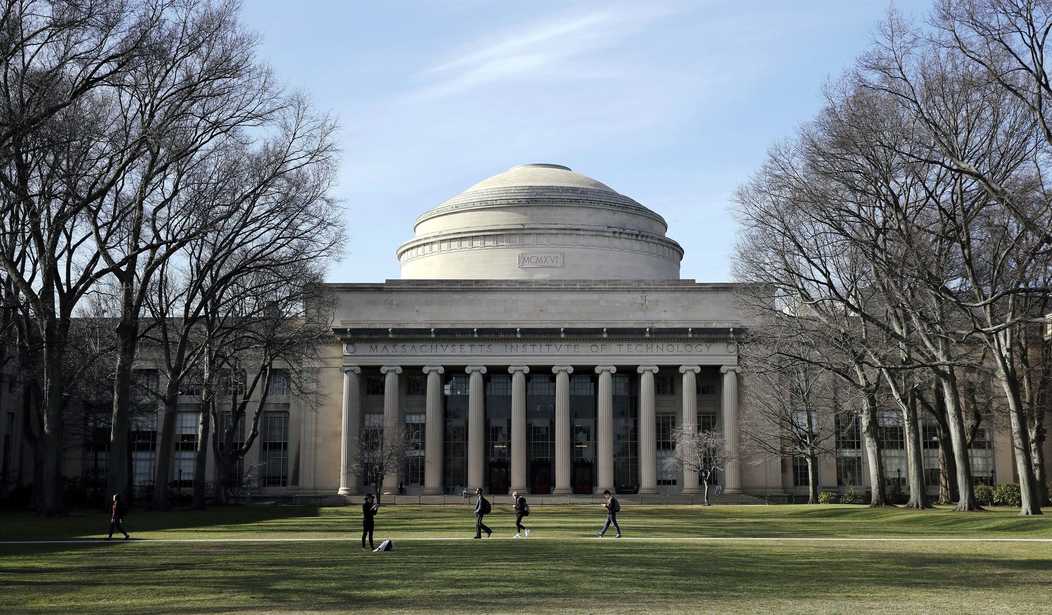In August 2021 a University of Chicago professor named Dorian Abbot co-wrote an opinion piece for Newsweek questioning the value of Diversity, Equity and Inclusion efforts on college campuses. Here’s a bit of what he wrote:
The underlying premise of DEI is that any statistical difference between group representation on campus and national averages reflects systemic injustice and discrimination by the university itself. The magnitude of the distortions is significant: for some job searches discrimination rises to the level of implicitly or explicitly excluding applicants from certain groups.
DEI violates the ethical and legal principle of equal treatment. It entails treating people as members of a group rather than as individuals, repeating the mistake that made possible the atrocities of the 20th century. It requires being willing to tell an applicant “I will ignore your merits and qualifications and deny you admission because you belong to the wrong group, and I have defined a more important social objective that justifies doing so.” It treats persons as merely means to an end, giving primacy to a statistic over the individuality of a human being.
That all sounds perfectly reasonable to me but as you can imagine it inspired woke outrage from people determined to cancel him. So when he was invited to give a prestigious lecture at MIT a group of students and and alumni demanded he be disinvited. After about a week, professor Abbot received a call from MIT saying his lecture had been canceled.
Last December, MIT tried to redeem itself by issuing a strong statement in defense of free speech.
A commitment to free expression includes hearing and hosting speakers, including those whose views or opinions may not be shared by many members of the MIT community and may be harmful to some. This commitment includes the freedom to criticize and peacefully protest speakers to whom one may object, but it does not extend to suppressing or restricting such speakers from expressing their views. Debate and deliberation of controversial ideas are hallmarks of the Institute’s educational and research missions and are essential to the pursuit of truth, knowledge, equity, and justice.
All of that sounds good but it turns out a majority of MIT students don’t believe it. Today Jonathan Turley wrote about a recent survey of students and professors carried out by the Foundation for Individual Rights in Education (FIRE).
The survey found that roughly 25 percent of faculty reported they are “very” or “extremely” likely to self-censor. Forty percent of faculty are “more” or “much more” likely to self-censor on campus now than in 2020. It further found that 32 percent of students and 41 percent of faculty “agree that the administration’s stance on free speech is not clear.”
There should never be any such widespread doubt on the position of free speech on a campus. It should be clear and unambiguous. However, almost half of the faculty are unsure. The reason is obvious after the Abbot disaster. The university leadership is clearly not viewed as a reliable ally in free speech fights. It is one thing to mouth free speech values. It is entirely a different thing to stand by a faculty member’s free speech and academic freedom rights when a flash mob forms around a cancel campaign.
Only 14 percent of MIT faculty believe that it is “extremely likely” or “very likely” that the university would stand by a faculty member in a controversy over controversial speech. That is an indictment of the entire university administration and the university board. What is notable with this data is that only a small percentage (if any) of faculty self-identify as Republican or conservative. Yet, a significant percentage still fear speaking openly in their own classes or on campuses.
Yet, what is most striking is the attitude of the students who have been taught for years that free speech is harmful. Seventy-seven percent of students believe that it is acceptable to shout down speakers with opposing views to prevent others from hearing them. Another 52% believe it is acceptable to physically block access to such events or speakers. That is the result of the new orthodoxy taught in our school system where free speech is viewed as harmful.
I’m not really that surprised by the 77% who believe it’s okay to shout down speakers with opposing views. Unfortunately, that’s the message that kids are getting online these days. Any time a speaker gets shouted down these days there are idiots on Twitter and presumably on TikTok who are saying that this is just the free speech of opponents. That’s wrong but I hear it pretty often. What does surprise me is that 52% support physically blocking people from hearing a speaker they dislike. There’s no way to reframe that as speech, it’s just bullying.
My guess is these kids haven’t thought about it very hard. They’ve been hyped up on the idea that everything they believe is “the right side of history.” It has never occurred to them that this same sort of bullying could be used to block a speaker they like (but which other people don’t). In other words, there’s a lot of unexamined arrogance behind these views. And, really, if you’ve encountered any progressive Twitter activists lately that’s not hard to believe.







Join the conversation as a VIP Member